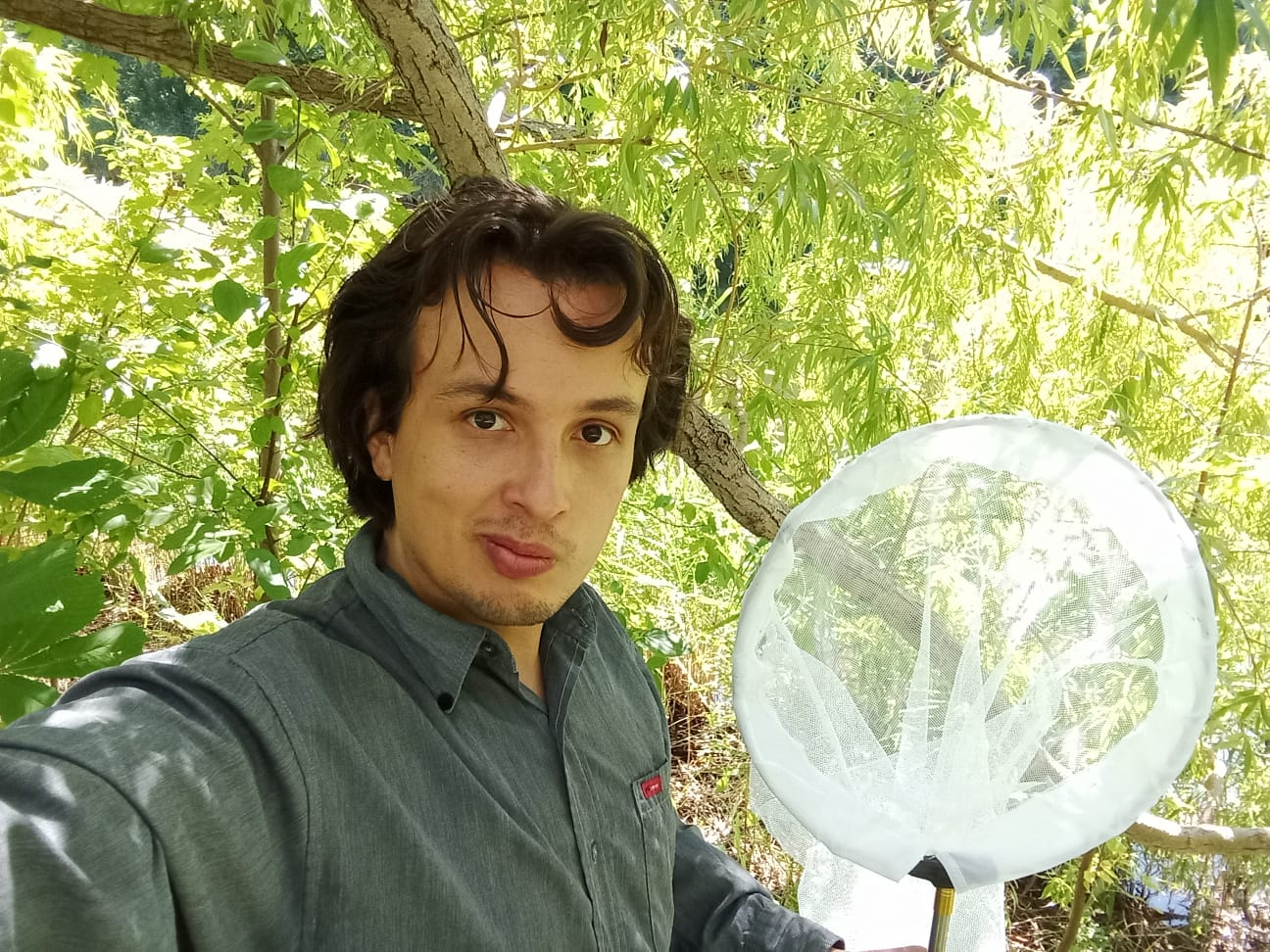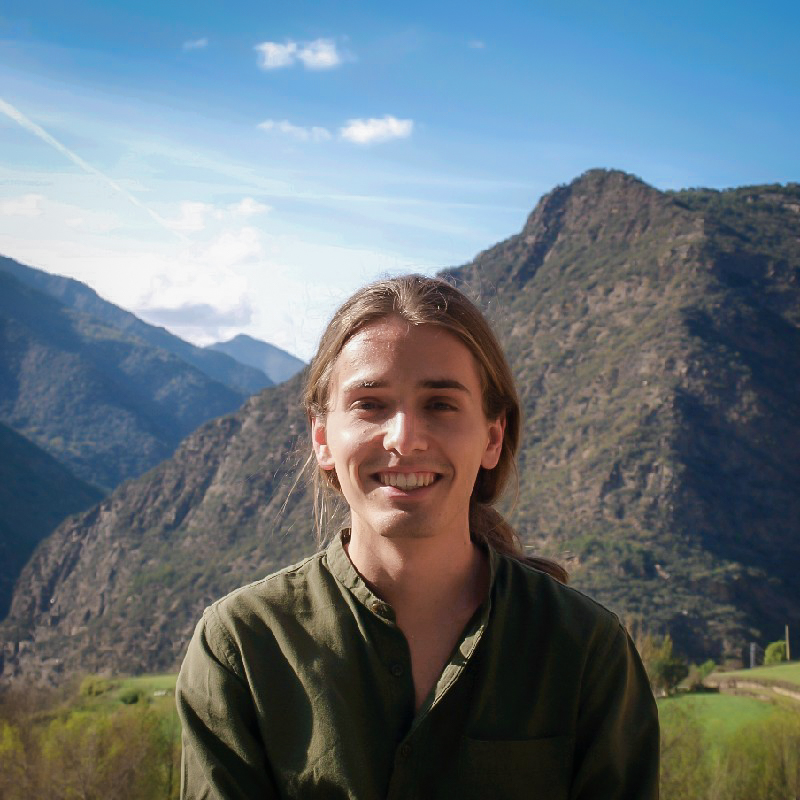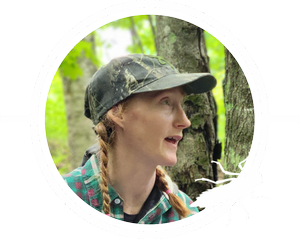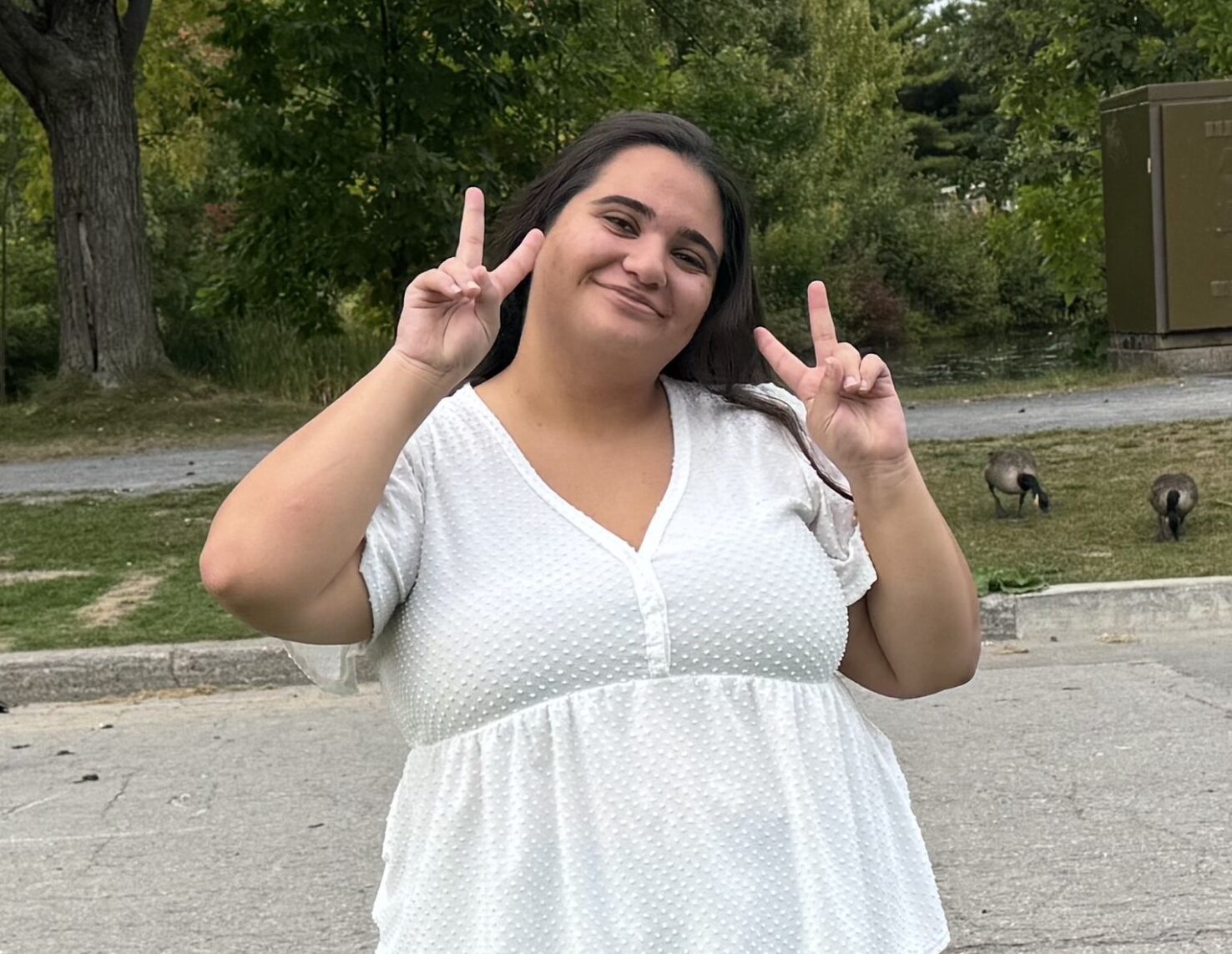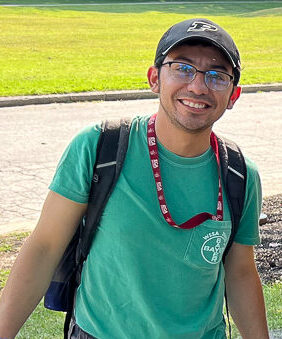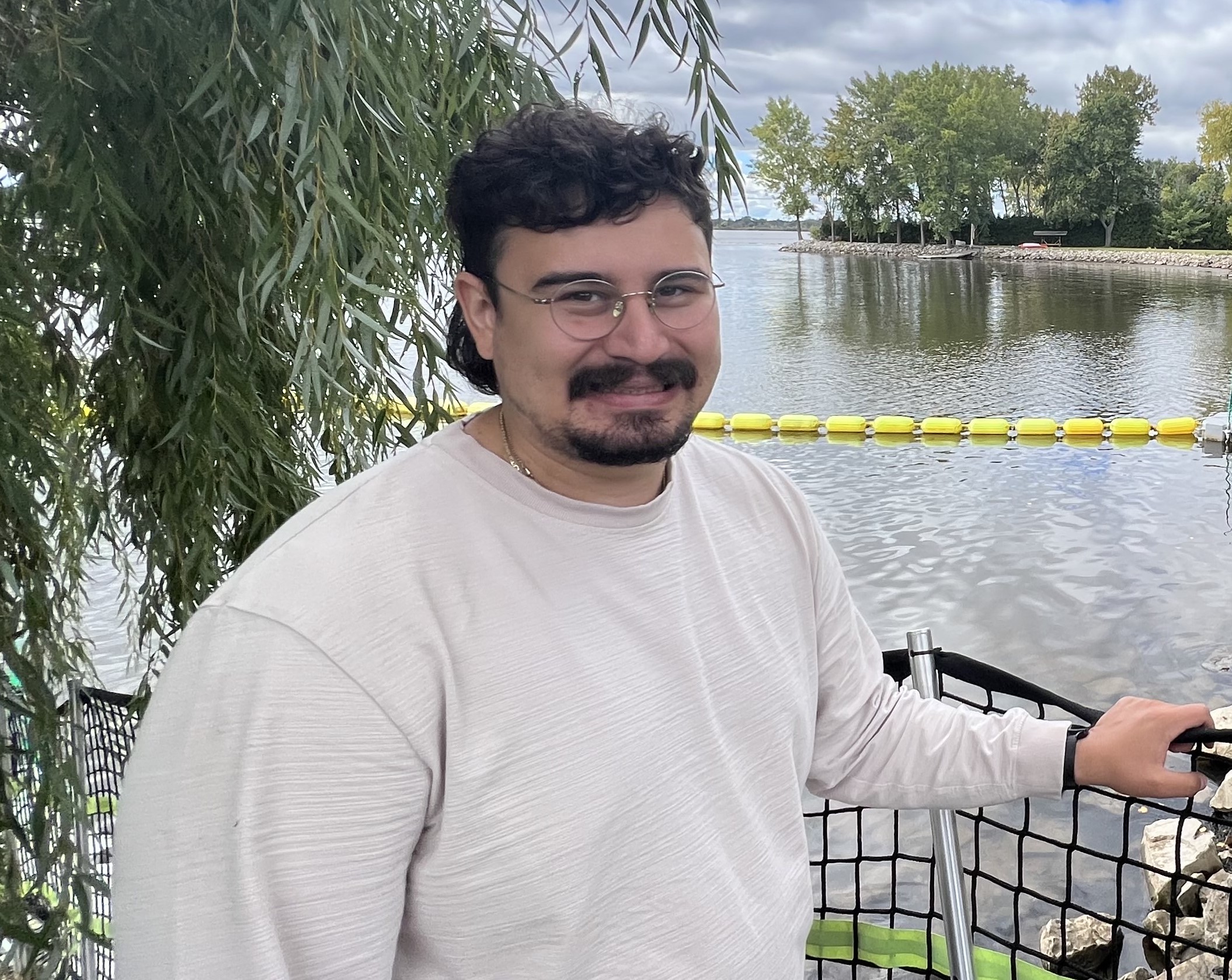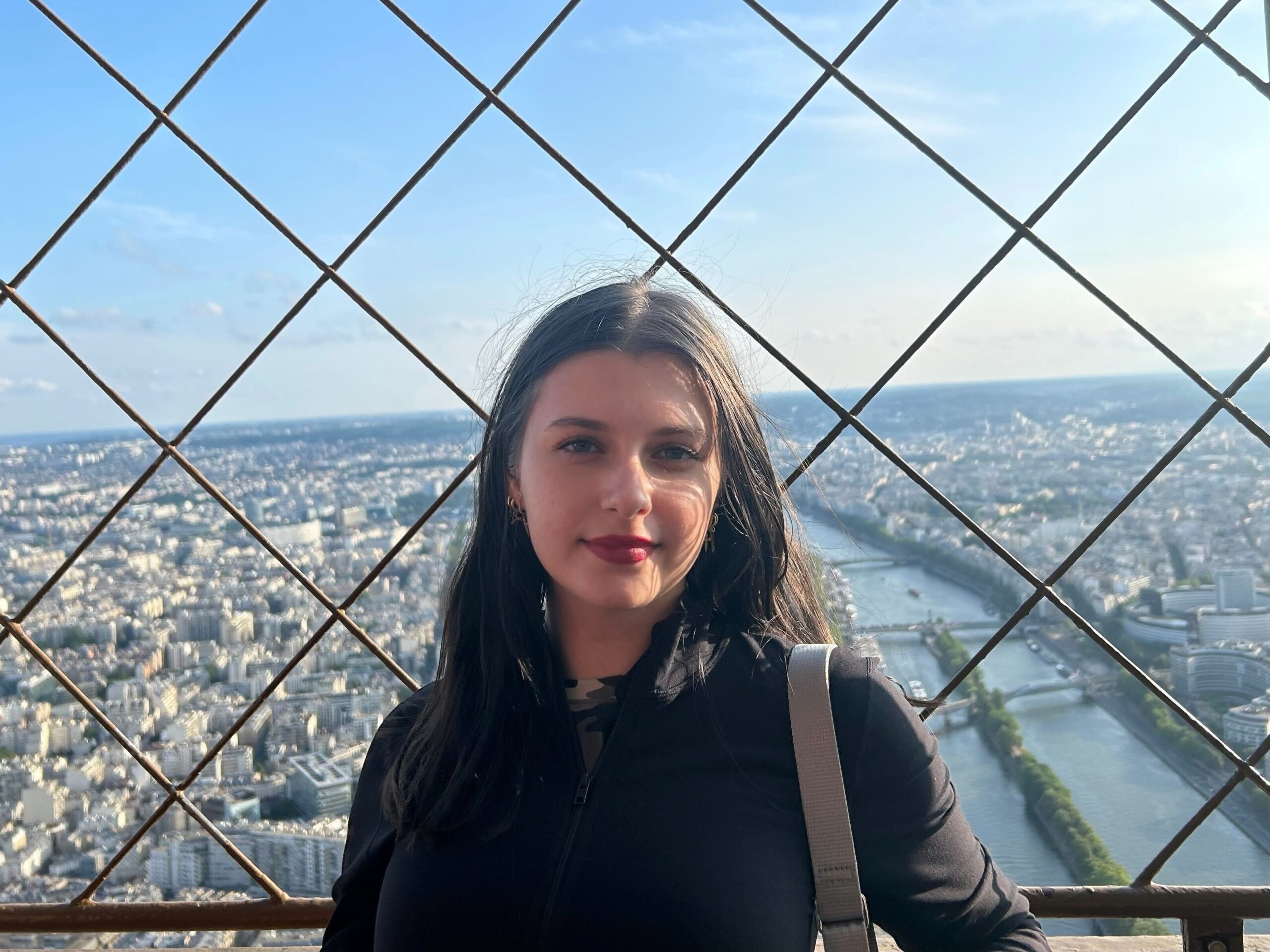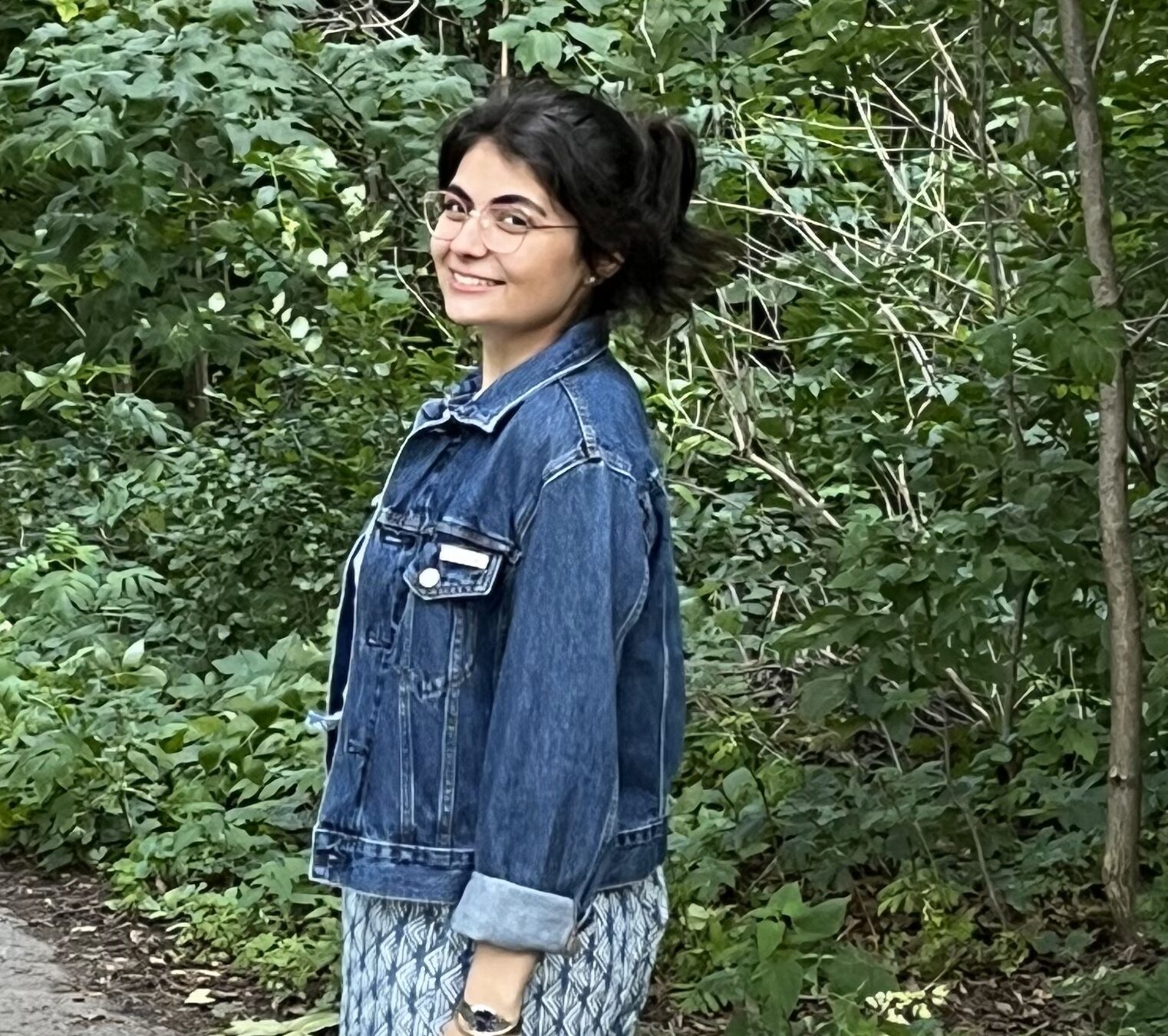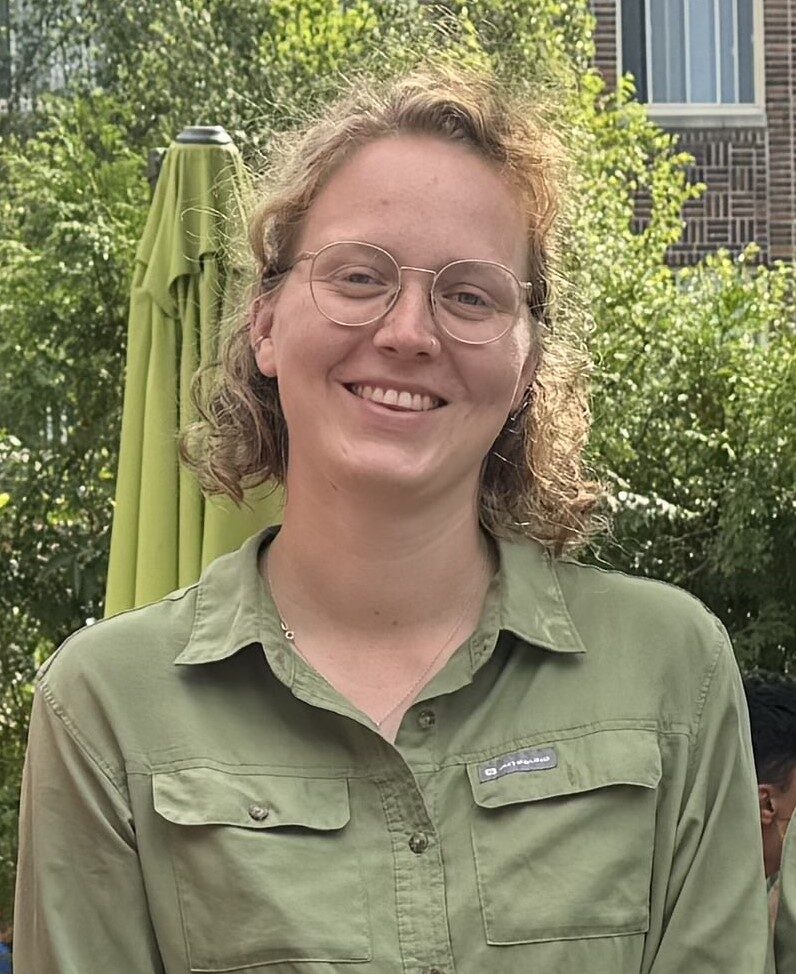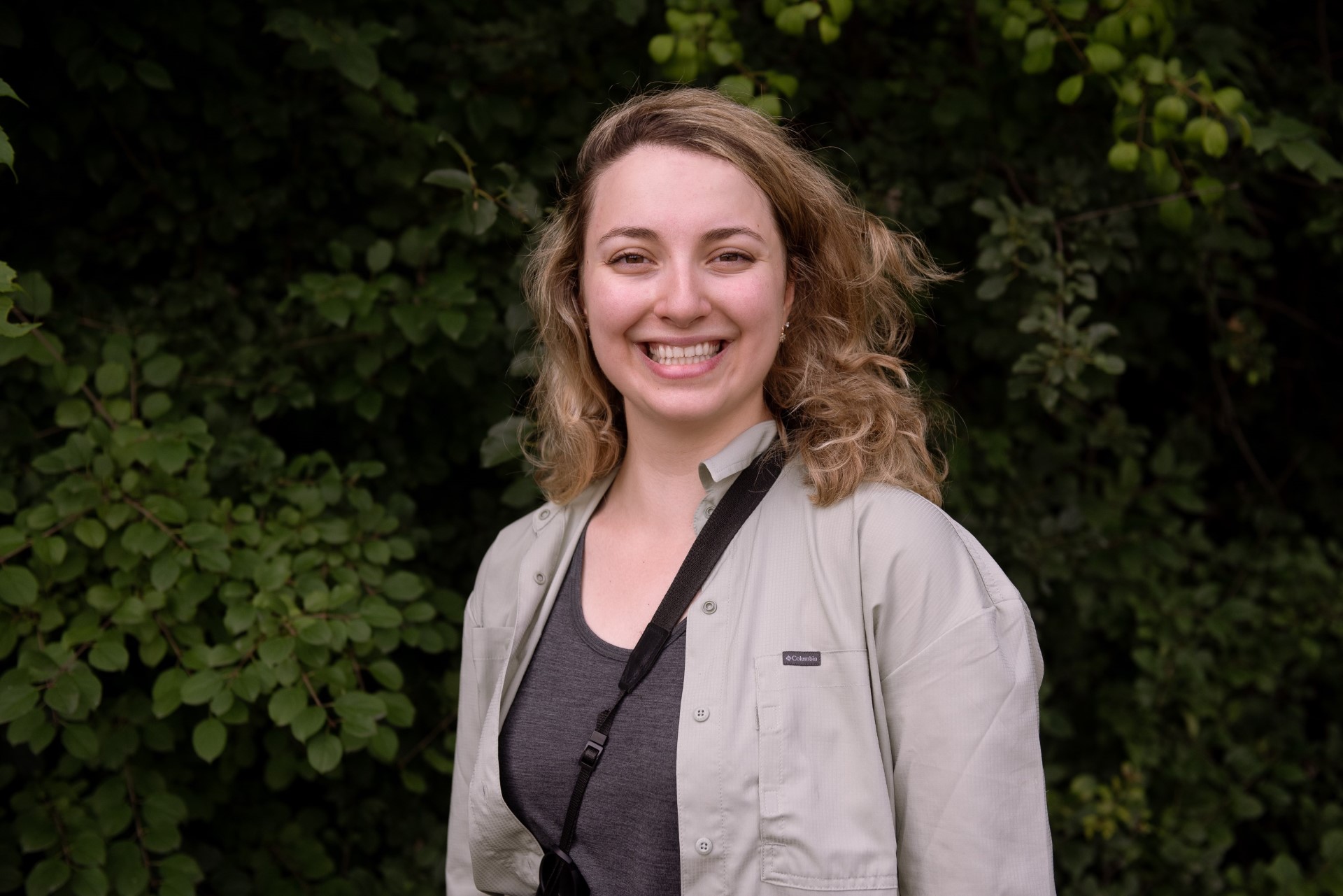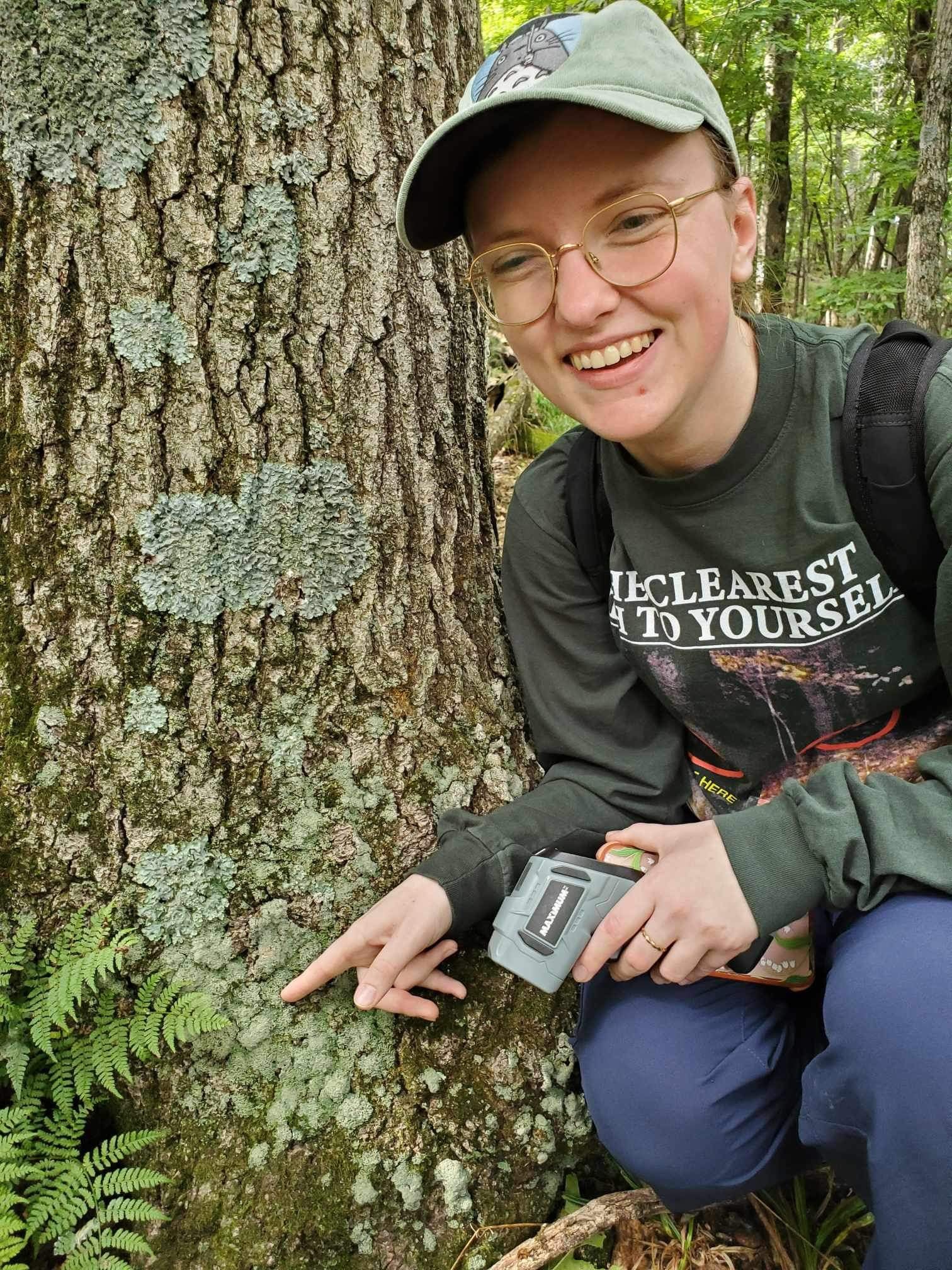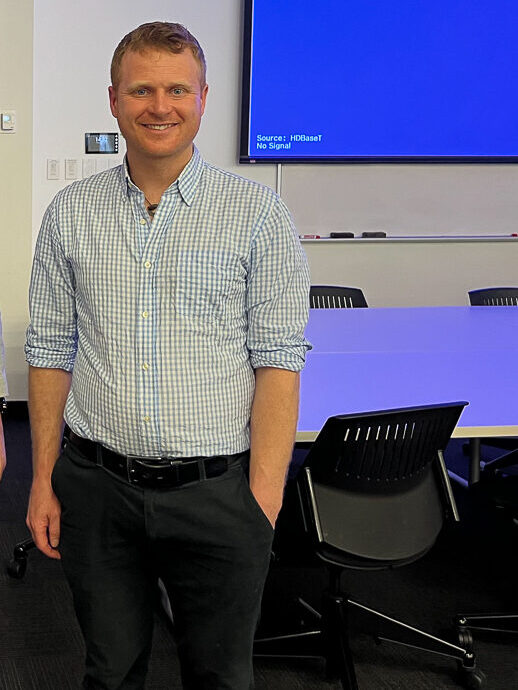Post-doctoral fellow
Luis Rodrigo Arce Valdés
September 2023-Present
Luis is a postdoc studying the dietary composition of dragonflies across Vancouver and Québec using metabarcoding techniques to infer how insect communities respond to environmental changes. He is highly interested in building collaborative networks with researchers and students to help them implement genetic or genomic tools to answer ecological or evolutionary questions. Luis got a bachelor’s degree in biology at the Autonomous University of Mexico State in which he discovered his passion for molecular ecology by studying Dichromanthus orchid populations. Then, he got a master’s degree at the Ensenada Center for Scientific Research and Higher Education in Baja California, where he assessed the conservation status of local fishery species by estimating their genetic diversity and effective population size. Finally, he got his PhD degree at the Institute of Ecology in Xalapa, Veracruz, where he studied introgression and speciation via reinforcement of reproductive isolation using two hybridizing Spanish damselflies. He likes to code in Bash, R and Python, hiking, lap swimming, playing Halo and petting cats. You can find a list of Luis’s publications, all available upon request, at his
PhD Students
Jordi Vilanova i Broto
September 2023-Present
Jordi is a PhD student in the lab working on the impacts of climate change on ecosystems, using insects to try to understand how global changes are and will impact communities worldwide. Before coming to Concordia, Jordi got his bachelor’s degree in environmental biology at the Autonomous University of Barcelona, where he started growing his interest in ecology while studying a wild population of chimpanzees in Senegal. Shortly after, he moved to Paris to get a master’s degree in ecology at Sorbonne University, where worked on ant community ecology. Now, at Concordia, he is focusing his research on global changes and dragonflies. Besides his academic journey, Jordi is deeply passionate about sustainability, social issues, and tackling global problems through the lenses of system change
MSc student
Yasmine Hoballah
May 2024-Present
Yasmine is a MSc student in the lab working on how aquatic plants influence habitat quality of insects under anthropogenic stress. She uses duckweed (Lemna minor and L. trisulca) and damselflies (Ischnura verticalis) as model systems in her experiments. Yasmine received a BSc from Concordia University (Canada).
Carlos Antonio López Manzano
September 2024-Present
Carlos is a MSc student in the lab working on the use of insects to recycle excrements of overabundant animals like the Canada goose. He is focusing specifically on the black soldier fly, performing both field and laboratory surveys and experiments. impacts of climate change on ecosystems, using insects to try to understand how global changes are and will impact communities worldwide. Before coming to Concordia, Carlos earned a BSc in Civil Engineering from the University of El Salvador (El Salvador), and another BSc in Environmental Sciences and Development from the Pan-American Agricultural University El Zamorano, Honduras
Undergraduate Students
Alin Buruiana
September 2024-Present
Alin is a BSc student, currently working on his undergraduate honors thesis that aims at understanding the seasonal pattern of parasitism on damselflies. He focuses on Ischnura verticalis which is a a heavily parasitized damselfly that displays female color polymorphism
Nadezhda (Nadia) Velchovska
October 2023-Present
Nadia is a Honours Psychology major at Concordia University with a minor in Science College. Currently, she is conducting a project that examines attitudes toward entomophagy (insect consumption) in Canada. The primary aim is to understand the social acceptance of both direct and indirect consumption of various insects, such as larvae, grasshoppers, and crickets, among Canadians, specifically in Québec. Through a survey, she aims to explore consumer opinions on insect consumption in Canada.
Lab volunteers
Negar Hafezi Bafti
October 2023-Present
Negar is a first-year biology undergraduate at Concordia University in the lab who works as a volunteer, and seamlessly combines her academic pursuits with a profound passion for nature and the scientific world. At first, her keen interest in body function led her to join her first clinical laboratory experience, which focused on obesity and fat tissue. However, Negar’s curiosity soon became captivated by the fascination of insect ecology, which led her to join the lab. As a result, she now assists with the preparation and facilitation of different equipment and experimental steps for studies involving Drosophila and Black soldier fly
Arahel Boza
October 2024-Present
Mehrsa Abbasi
October 2024-Present
Tingfeng Zhu
October 2024-Present
Alumni
Lauren Ann Bianco
September 2023-April 2024
Lauren did her Undergraduate Honors thesis that aims to test the suitability of duckweed as a diet-supplement for black soldier flies. More specifically, how this species reacts to consuming duckweed, a high-protein aquatic plant, as a part of a varied diet. Lauren’s ecology journey began from her fascination with sharks and other aquatic lifeforms. Now, she is exploring a different side to this field in order to better understand the process of scientific research.
Zoey Davis
September 2023-September 2024
Zoey did an Undergraduate Honors thesis the phenological shift of birds of prey in Quebec. Their usual research interests are in the environmental chemistry and toxicology fields but they have also always been a die-hard “bird nerd”. When not in the lab, Zoey enjoys reading, cooking with varying levels of success, and teaching ballet to very small children at the local community centre
Mark Jewell
January 2024-August 2024
Mark was a research associate supervising studies on duckweed. His work focuses on how rapid evolution may mediate community response to environmental change. Using mainly experimental systems, he studies how ecological processes such as community assembly, stability, productivity and coexistence are altered when the populations also evolve over equivalent timescales. He earned a PhD from McGill University and a MSc from Université de Sherbrooke


